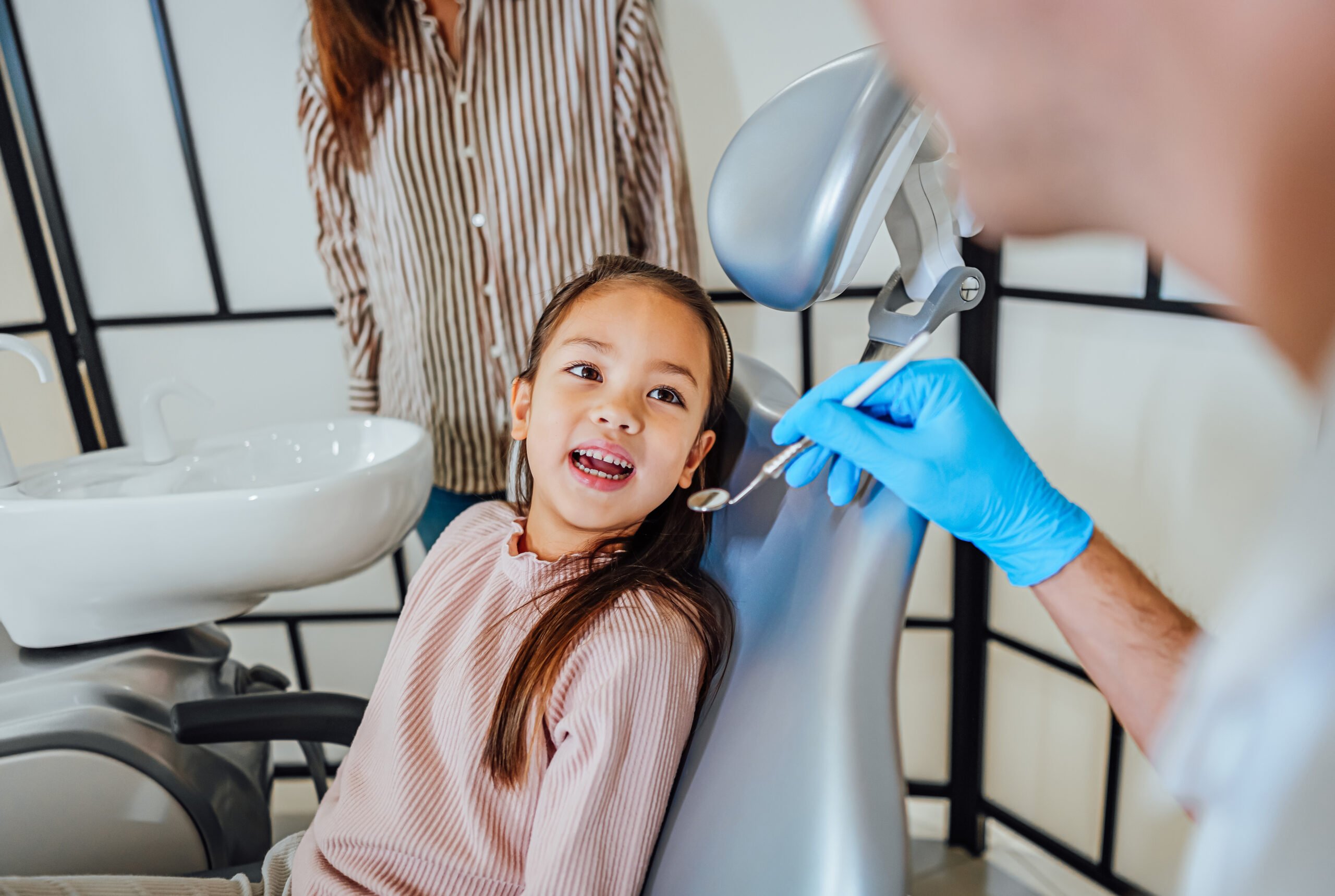At Charlton Road Dental, we want your children to have the best dental health possible, as this is important for a child’s growth, development, general health, and self-esteem. Visits to a dentist by children as young as 2 years of age are important to detect any problems in growth and oral health as soon as possible. Early visits also get them used to having their teeth checked and get them used to the dental environment.
Children should have their first dental visit by their first birthday or within six months after their first tooth emerges. Early visits help establish good oral hygiene habits and allow the dentist to monitor oral development.
Yes, baby teeth are crucial for various reasons. They help with speech development, and proper chewing, and serve as placeholders for permanent teeth. Caring for them with regular brushing and dental check-ups is essential.
You can prepare your child by talking about the visit positively and reassuringly. Avoid using words that may cause anxiety and consider reading children’s books about dental visits to make it seem less intimidating.
Preventing cavities involves a combination of good oral hygiene practices, such as regular brushing and flossing, a balanced diet with limited sugary snacks and drinks, routine dental check-ups for cleanings, and preventive treatments like dental sealants.
Dental X-rays are safe for children when necessary and taken with appropriate precautions. They help diagnose and monitor oral issues not visible to the naked eye, and the dentist will use them selectively, considering your child’s age and specific needs.
In case of a dental emergency, such as a knocked-out tooth or severe toothache, stay calm and contact us immediately. You will receive guidance on how to provide first aid and when to come in for urgent treatment. Keep our contact information readily available for quick access in such situations. It is worth noting that a lost baby tooth is not usually a dental emergency.


